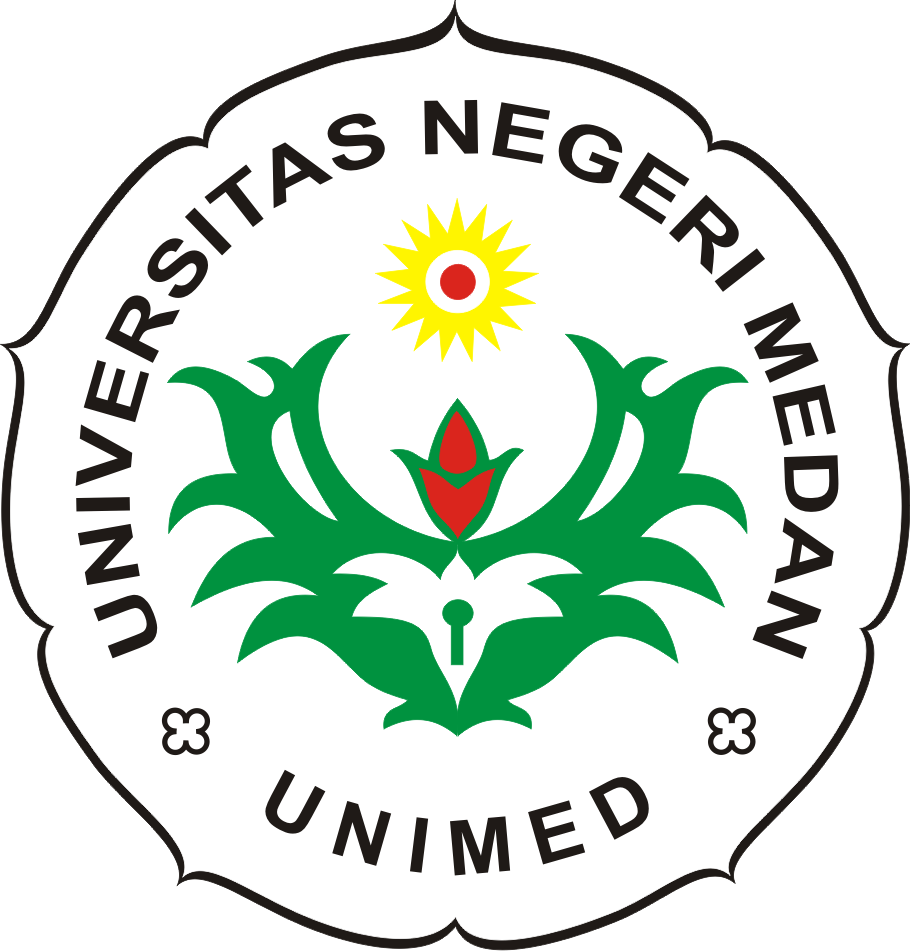THE EFFECT OF PANEL DISCUSSION ON THE STUDENTS™ READING COMPREHENSION
DOI:
https://doi.org/10.24114/reg.v5i3.5350Abstract
This study deals with the second year senior high school students™ in readingcomprehension. The objective of the study was the investigation of the effect ofPanel Discussion on the students™ in reading comprehension. The study wasdesigned in experimental research. The population of this study was the2015/2016 grade X students of SMA Swasta Dharmawangsa Medan. The totalnumber of population of the study was 415 students which consist of 12 classes.The sample of the research was 60 students. The technique used for obtaining thesample was the cluster sampling technique. The sample classes were divided intotwo groups, namely the experimental group that was taught by applying PanelDiscussion Technique, and the control group that was taught by applying classicalTechnique. The instrument for collecting data used objective test. The data weretaken by administering the pre-test and post-test to both of experimental andcontrol groups. The test was taken and selected from the National Examinationtest items that were related to the kind of narrative text. So, the validity andreliability of the test items were considered valid and reliable. The data werestatistically analyzed by using t-test formula at the level of significance α (0.05) =1.669 with the degree of freedom (df) = 65. It was found that the t-observed washigher than t-table (t-observed = 4.93 > t-table = 1.669; α = 0.05). It means thatPanel Discussion Technique significantly affect the students™ achievement inreading comprehension.Downloads
Published
Issue
Section
License
Authors who publish with this journal agree with the following terms:
- Authors retain copyright and grant the journal right of first publication with the work simultaneously licensed under a Creative Commons Attribution License that allows others to share the work with an acknowledgment of the work's authorship and initial publication in this journal.
- Authors are able to enter into separate, additional contractual arrangements for the non-exclusive distribution of the journal's published version of the work (e.g., post it to an institutional repository or publish it in a book), with an acknowledgement of its initial publication in this journal.
- Authors are permitted and encouraged to post their work online (e.g., in institutional repositories or on their website) prior to and during the submission process, as it can lead to productive exchanges, as well as earlier and greater citation of published work (See The Effect of Open Access).
- This work is licensed under a Creative Commons Attribution-ShareAlike 4.0 International License.






